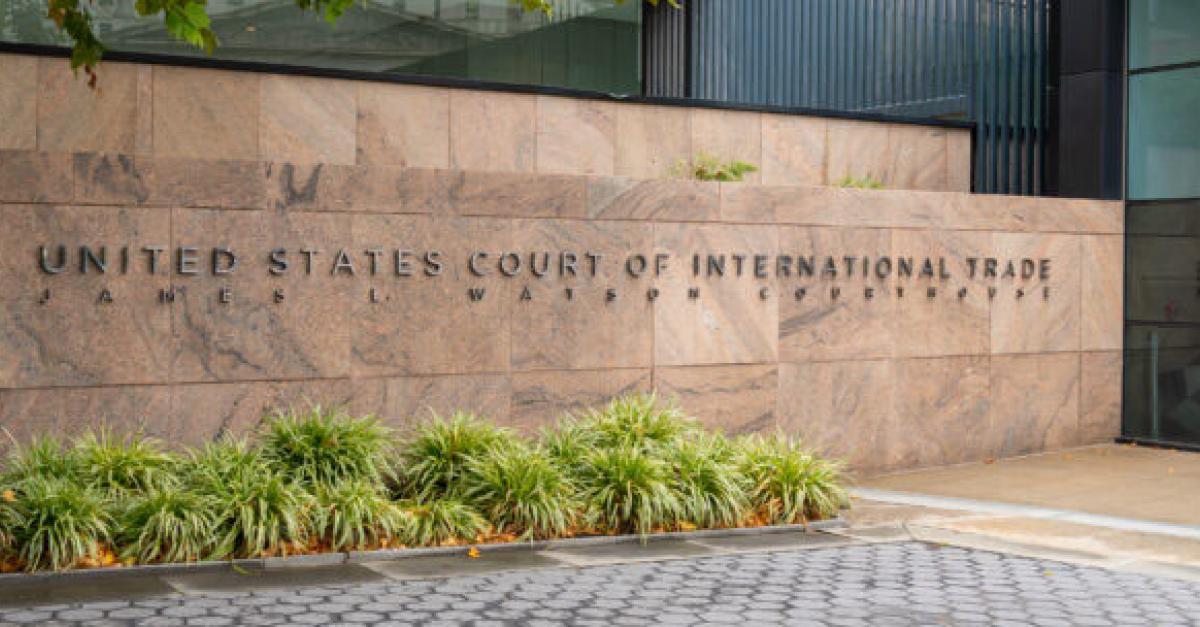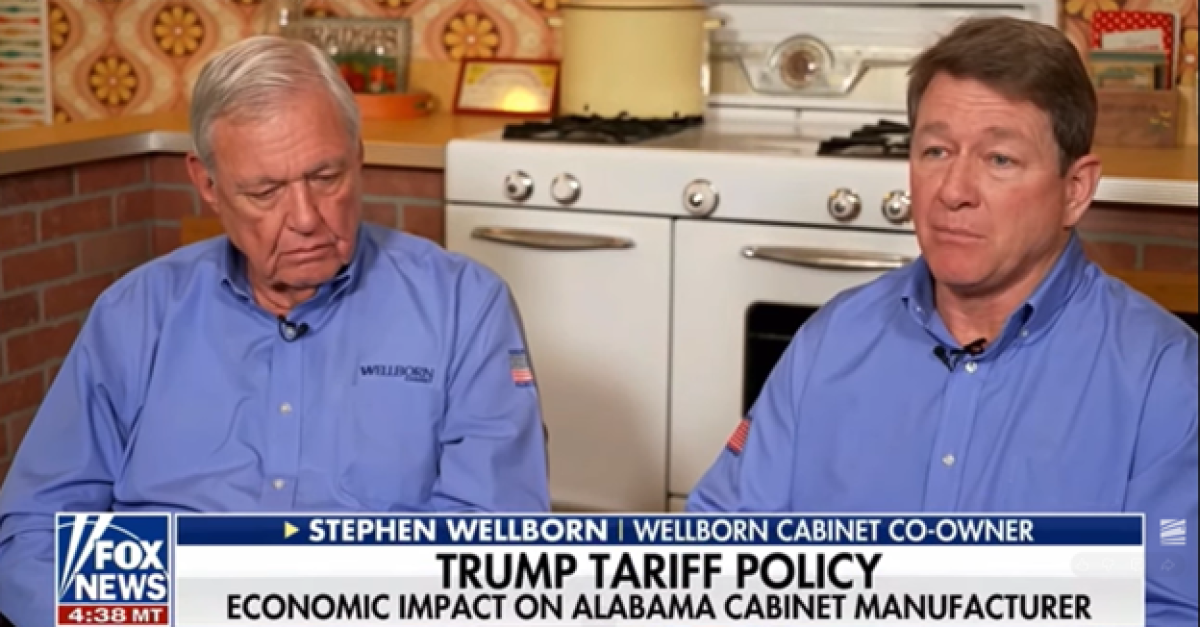Judge Lisa W. Wang of the U.S. Court of International Trade (“CIT”) has issued a public version of the opinion in which she remanded in part and sustained in part the negative evasion determination by U.S. Customs and Border Protection (“Customs”) under the Enforce and Protect Act (“EAPA”) against Scioto Valley Woodworking, Inc. d/b/a Valleywood Cabinetry (“Valleywood”).
On January 31, 2023, Customs reached a final affirmative EAPA determination against the U.S. importer Valleywood. Customs found that Valleywood evaded the antidumping duty and countervailing duty orders on wooden cabinets and vanities and components thereof (“WCV”) from China. In particular, Customs found that Valleywood evaded the orders by transshipping Chinese WCV through its affiliate in Malaysia, Alno Industry SDN BHD (“Alno”). Customs’ initial affirmative determination was based on substantial evidence on the record as well as the application of adverse facts available due to Alno’s failure to cooperate with Customs during the verification process in Malaysia. One of the most dramatic pieces of evidence was the discovery of an “additional warehouse” that Alno had failed to disclose to Customs officials. Customs made this discovery after Alno’s General Manager had confirmed that Alno had no other warehouses in Malaysia other than the locations it had already reported. The Customs verification team visited the undisclosed warehouse facility and found that there “were boxes and boxes piled up as far as you could see.” These boxes contained finished cabinets from both China and Malaysia that were packaged identically and ready for shipment.
On March 15, 2023, Valleywood requested that Customs’ Office of Rulings and Regulations (“ORR”) review the affirmative determination of evasion. On June 12, 2023 – in a tragic, unexpected, and poorly reasoned decision – ORR reversed the affirmative determination of evasion. ORR found that Alno had the ability to produce cabinets in Malaysia and that the record contained substantial evidence linking Alno’s production records to Valleywood’s imports of WCV into the United States. ORR also found that there was “no evidence” that WCV produced in China were transshipped through Malaysia and imported into the United States by Valleywood. Finally, ORR found that “while Alno and {Valleywood} may not have acted perfectly in responding to information requests by {Customs}, in our view, when the record is examined as a whole, it supports a conclusion that they cooperated and complied with requests for information made by CBP such that application of a wholesale adverse inference to {Valleywood} is not justified.”
Our law firm, Schagrin Associates then filed a complaint at the CIT on behalf of the domestic industry that challenged two aspects of ORR’s final negative determination as arbitrary, capricious, and an abuse of discretion: (1) ORR’s conclusion that the “record contains no evidence that WCV produced in China were transshipped through Malaysia”; and (2) ORR’s reversal of the application of adverse inferences. In her opinion, Judge Wang sharply rebuked ORR for its baseless conclusion that no evidence existed of the Malaysian company Alno transshipping Chinese cabinets to the United States to evade antidumping and countervailing duties. Customs must now revisit its flawed determination and fully account for the substantial evidence of evasion it chose to ignore. This includes the extensive control exercised by Chinese cabinet producer Haiyan Group over Alno’s Malaysian operations and the discovery of the undisclosed warehouse in Malaysia that was packed with finished cabinets from both China and Malaysia—identically packaged and ready for shipment to the United Staes. As we have consistently argued, R&R’s finding of “no evidence” of evasion was absurd, and Judge Wang decisively agreed.
While Judge Wang upheld ORR’s decision not to apply adverse inferences against Alno during verification, this was solely due to her acknowledgment of ORR’s broad discretion in such matters. She refrained from second-guessing ORR’s decision, but this aspect of the ruling is irrelevant as long as Customs issues an affirmative determination on remand.
The evasion activity that is taking place remains deeply troubling. Antidumping and countervailing duty orders are designed to create a fair competitive landscape for domestic producers so they can compete on a level playing field with imports, but Malaysia has become a hub for transshipment schemes involving Chinese goods subject to U.S. duties. This blatant evasion undermines the critical relief these trade orders are meant to provide to domestic industries.
Click here to see the opinion.



